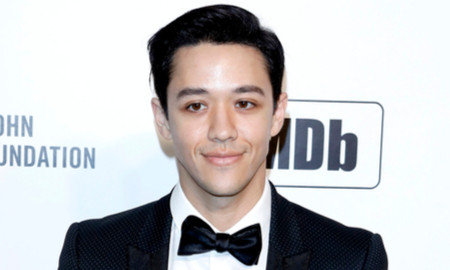This first edition, written by leading AI legal specialists, provides answers and insight on how to integrate Artificial Intelligence into business operations, whilst working within the relevant law and guidelines in key jurisdictions around the world....
| 1yr
| 1yr
This first edition, written by leading AI legal specialists, provides answers and insight on how to ...








.jpg)


